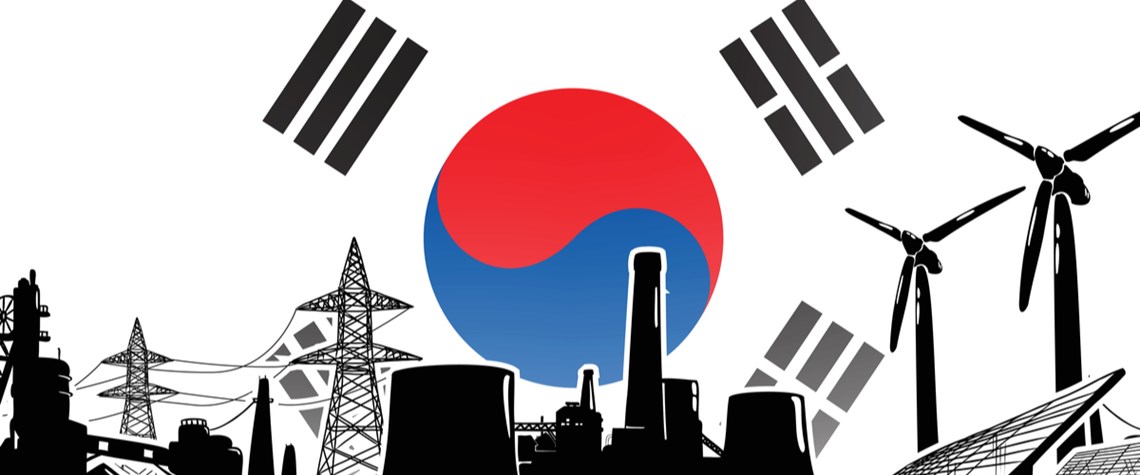Chaebols may hinder Green New Deal progress
South Korea’s conglomerates do not appear enthusiastic about curtailing carbon emissions, and their dominance crowds out more innovative contributors
South Korea’s Green New Deal risks being derailed by legacy players keen to use the long timescale required to build a hydrogen economy as a way of postponing meaningful action on emissions. The industrial establishment favours the hydrogen economy option due to the extended period that would be needed to build it, says Melissa Brown, director of energy finance studies, Asia at research body the Institute for Energy Economics and Financial Analysis in Hong Kong. South Korea’s state-controlled power companies are “inherently conservative and backward looking”, she says. President Moon Jae-in’s mandate for reform was strengthened by an absolute majority for the ruling Democratic Party in parli

Also in this section
22 July 2025
Sinopec hosts launch of global sharing platform as Beijing looks to draw on international investors and expertise
22 July 2025
Africa’s most populous nation puts cap-and-trade and voluntary markets at the centre of its emerging strategy to achieve net zero by 2060
17 July 2025
Oil and gas companies will face penalties if they fail to reach the EU’s binding CO₂ injection targets for 2030, but they could also risk building underused and unprofitable CCS infrastructure
9 July 2025
Latin American country plans a cap-and-trade system and supports the scale-up of CCS as it prepares to host COP30








